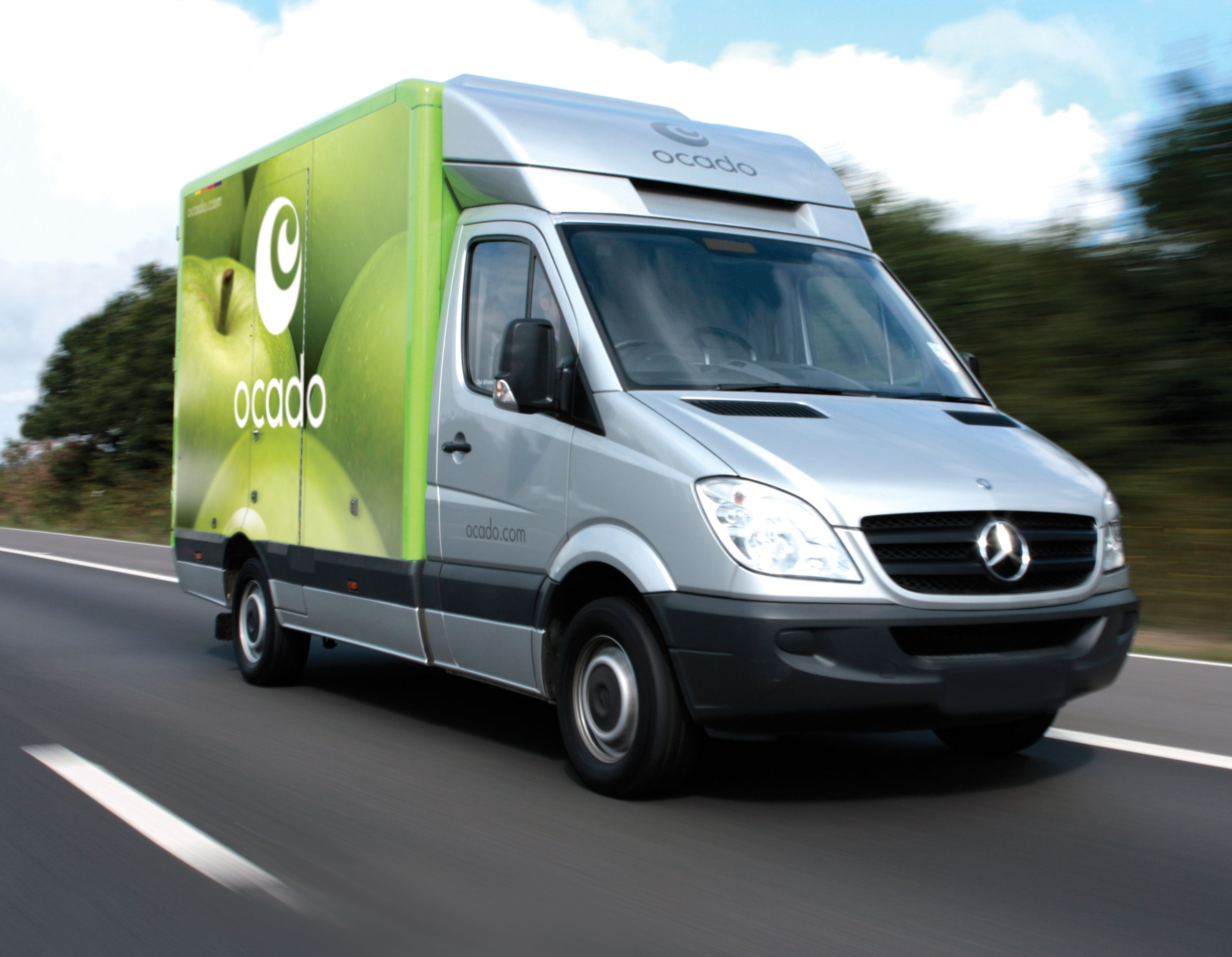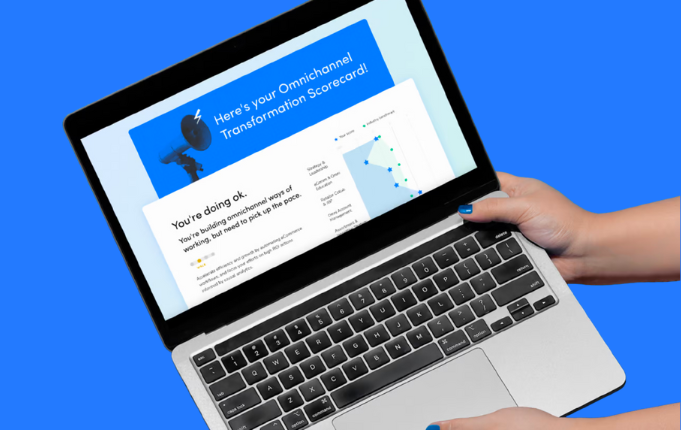

Kroger and Profitero customer Ocado Group PLC have inked a deal that could well be a game-changer for the US grocery eCommerce market. The move is expected to not only accelerate Kroger’s online initiatives, but could give the retailer a distinct edge as it battles Amazon, Walmart, and others for eCommerce market positioning.
“We are actively creating a seamless digital experience for our customers,” Kroger chairman and CEO Rodney McMullen said in a company release. “Our partnership with Ocado will speed up our efforts to redefine the food and grocery customer experience — creating value for customers and shareholders alike.”
Historically, UK-based Ocado has operated as an online-only grocer. Along the way, however, it developed some rather innovative technology — including highly automated warehouses and delivery route optimization algorithms, among others — which it’s been keen to license internationally.
Ocado already touts Sobeys in Canada, ICA in Sweden, and Groupe Casino in France among its existing retail partners. The company has been eagerly eyeing the US as a priority market too. So, landing its first US licensing agreement with market leader Kroger is quite the coup. As part of the deal, Kroger is increasing its stake in the British company by 5% (a value equal to $247 million or GBP 183 million), taking its total investment to more than 6%.
Over the next three years, the Kroger-Ocado partnership is targeting a network of up to 20 new automated warehouses (complete with robots to fulfill orders) across the US. More immediately, three locations are expected to be identified yet this year.
Who is Ocado? And what’s in it for them?
Ocado is the UK’s only pure-play grocery e-retailer and the world’s largest online-only grocery chain. Industry experts have called the company’s high-tech warehouses and logistical abilities in grocery “unparalleled.”
Despite the accolades, Ocado has had a difficult time penetrating a very competitive UK grocery market, which includes such established incumbents as Tesco, Asda, Waitrose and Sainsbury, and a growing presence by discounters Aldi and Lidl.
So in recent years, Ocado sought to instead reposition itself as a technology provider, licensing its Smart Platform technology that automates online grocery orders to other supermarkets. One such example is with Morrisons in the UK, which took up space in Ocado’s newest fulfillment center. This has allowed the retailer to fulfill more than 200,000 orders a week.
Several deals later — along with this latest Kroger tie-up — and Ocado has demonstrated how its strategy of licensing its technology can turn around market opinion.
“The opportunity to partner with Kroger to transform the way in which US customers buy grocery represents a huge opportunity to redefine the grocery experience of Kroger’s customers and create value for the stakeholders of both Kroger and Ocado,” Ocado CEO Tim Steiner said in a statement.
What’s in it for Kroger?
Partnering with Ocado is another sign that Kroger is committed to eCommerce, and that home delivery, not just click-and-collect, will be a key part of their offering over the next few years.
The Ocado deal could give Kroger a leg up in home delivery versus the competition, which in addition to Amazon and Walmart, includes a growing roster of retailers using third-party delivery services. Instacart, for example, is a good stepping stone for many regional grocers because it lets them quickly sell online, using their existing physical stores.
But there are trade-offs to fulfilling orders from stores versus using dedicated, automated distribution centers (DC). Dedicated DCs can be run much more efficiently, perishables can be fresher, and online orders can be fulfilled without disrupting in-store inventory or the consumer shopping experience.
Moving forward, we anticipate Amazon likely will retain a stronghold in non-perishable grocery delivery that it’s established in large part through its Prime service. It also has introduced free two-hour Prime Now delivery through Whole Foods stores in 10 markets. Meanwhile, Walmart continues the rapid rollout and advancement of its Grocery Pickup click-and-collect offer. It offers home delivery in select areas in conjunction with DoorDash and Postmates.
As for Kroger? It may well have figured out a formula that will enable it to aggressively compete in both the physical and digital space as well. A combination of ClickList click-and-collect offer using its network of 2,800+ retail food stores and Ocado’s technology-led home delivery capabilities could give Kroger the edge it needs to successfully compete with Amazon and Walmart.
For more industry updates, helpful resources, and access to our thought leadership podcasts, visit Profitero’s insights page here.
To stay up-to-date on our latest eCommerce insights, you might also be interested in signing up for Profitero’s monthly Digital Shelf Digest newsletter.


























